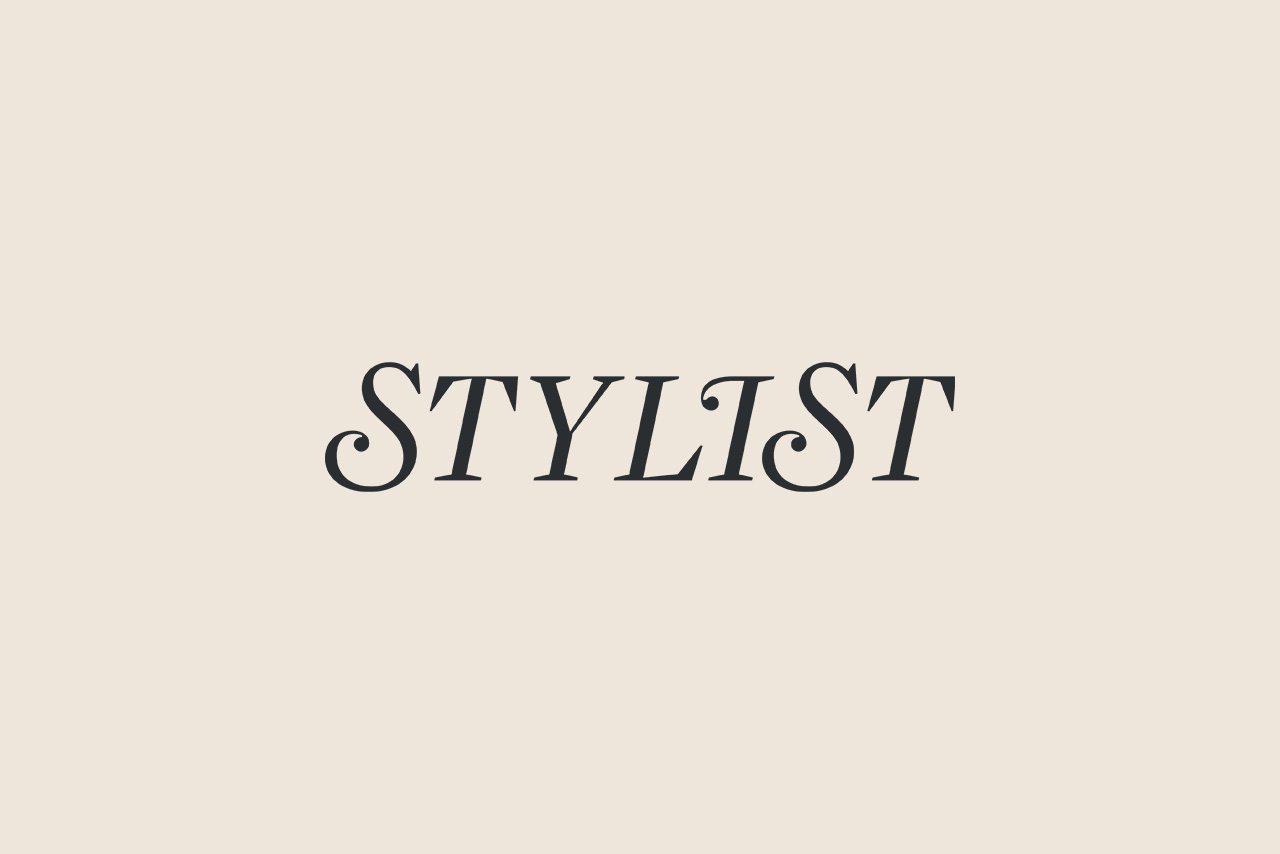
Summer is often a time when things slow down a little – colleagues, clients and business contacts take their well-earned breaks, meaning that there is a natural lull in productivity for a lot of sectors. This means that, as well as slowing your own pace, it can be time to reflect a little on how you work. For leaders, managers and entrepreneurs pace often feels urgent, and we can get into the habit of thinking that fast and furious is the only way to do productivity. But it isn’t of course.
The irony about productivity is that often we think we need to work harder, but actually in today’s world what we so often need instead to be really productive is less busy-ness and more time to think – undistracted and calm. So how can you find time to reflect on whether you have a pace that is reactive and always in ‘crisis as usual’ or whether you are able to intentionally set a pace that serves your productivity better? It can be so useful to take a moment to stop and notice your working habits and the patterns that you have – and those you might set for your staff teams and colleagues. Is your work pace serving your productivity or are you stuck in the whirlwind of busy-ness? Are you setting the pace for yourself that you are happy with? Are you as productive as you’d like to be?
The first step is to take the time to pause and reflect, and then – like any habits or behaviour change, the key is to notice what you are doing, reflect on whether it’s right for you, then make a choice about whether to continue it that way or make some adjustments before you re-set. Notice, reflect, choose, reset. So this year, why not use the summer lull to review your work pace? Here are some pointers for your reflections.
What pace are you using and what pace do you need?
So many leaders that I work with tell me that they are tired and constantly busy, and that their teams and colleagues are too. So how is it for you, and are you making the choices that you could make to change this? If you find that your pace is always fast – is there a way that you could find gaps for ‘R&R’ – spaces in your weeks which allow you to re-charge your batteries – to slow the pace down – to breathe, think, reflect? This could be times scheduled into every week or even an overview of the year ahead with re-charge weeks scheduled after what you know will be a busy period for your business.
What does ‘enough’ look like for you in your workplace?
So often we get caught up in the idea that more is always better, but when it comes to work and working patterns that can be an unhealthy assumption. For a start, what is driving the need to do more? Is it fear? Or simply the old idea that working hard is a badge of honour? The idea underpinning a long hours culture started in the early twentieth century with Ford’s production line, giving rise to the idea that ‘time is money’. But in our twenty-first century digital world, this feels well out of date. And yet, working long hours is still the shadow that hovers over many work places – with the factory floor being replaced with a new anxious assumption that we need to be immediately available and responsive 24/7. It is in this context that I offer the idea of ‘enough’. ‘Enough’ is where we move away from the fear of needing to work in order to prove our worth – which comes from a place of ‘scarcity, and away from the assumption that we need to always respond – a place that I call ‘excess’ to a place where we learn to embrace and re-claim healthy limits. If the word ‘enough’ makes you think of settling for second best – let me offer you this re-frame. Far from being mediocre, making friends with ‘enough’ is the springboard to a creating a healthy relationship with work for you, your teams and your businesses. It will help you to move from the ever hungry, never satisfied state of striving, to a state of fullness, from which we can thrive. It’s the relaxed, healthy state that allows for your best thinking and research suggests makes you more productive. So, with that re-frame in mind – what limits or boundaries would help you to articulate what ‘enough’ is like in your work place?
So, along with having a great break yourselves this summer, see if you can use the ‘notice, reflect, choose, reset’ process to being really intentional about your pace. In my experience, the teams that do this well, end up being not only more productive, but happier too.

